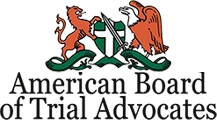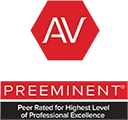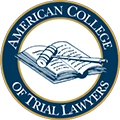Crashes at Red-Lights : A Serious and...
Running a red light is one of the most dangerous things a driver can do. Sadly, crashes caused…
Running a red light is one of the most dangerous things a driver can do. Sadly, crashes caused…
School Zones and Speed Laws in Louisiana Summer is ending, and schools are starting back up. With that…
NEW CELL PHONE LAWS IN LOUISIANABeginning August 1, 2025, Louisiana drivers will have to comply with new laws…
The 4th of July is a time for fireworks, cookouts, and summer road trips. But did you know…
Making a left or a right turn at an intersection seems easy, right? But do you know the…
You have heard the term NO PLAY NO PAY but what does that really mean? It means that…
Walking is great exercise and also a way around town. But you need to be prepared when walking.…
You should never feel embarrassed if you must make a personal injury claim. When someone has injured you…
When you have been injured, you might think about representing yourself. Most people think they can handle their…
Fields marked with an * are required
"*" indicates required fields
Great attorney, honest, hard working, you won't find better. Simply excellent.
Very personable service with your needs as their focus. You are not just a number. You are important to them as a person.
I had an awesome experience with Law Firm and I would highly recommend them. Thank You Mr. Richard and your team.

National Association of Distinguished Counsel

The American College of Trial Lawyers

Martindale-Hubbell® (AV Preeminent® Rating)

The American College of Trial Lawyers
© 2025 Law Offices of Richard R Kennedy • All Rights Reserved. Disclaimer | Site Map | Privacy Policy. Digital Marketing By: ![]()